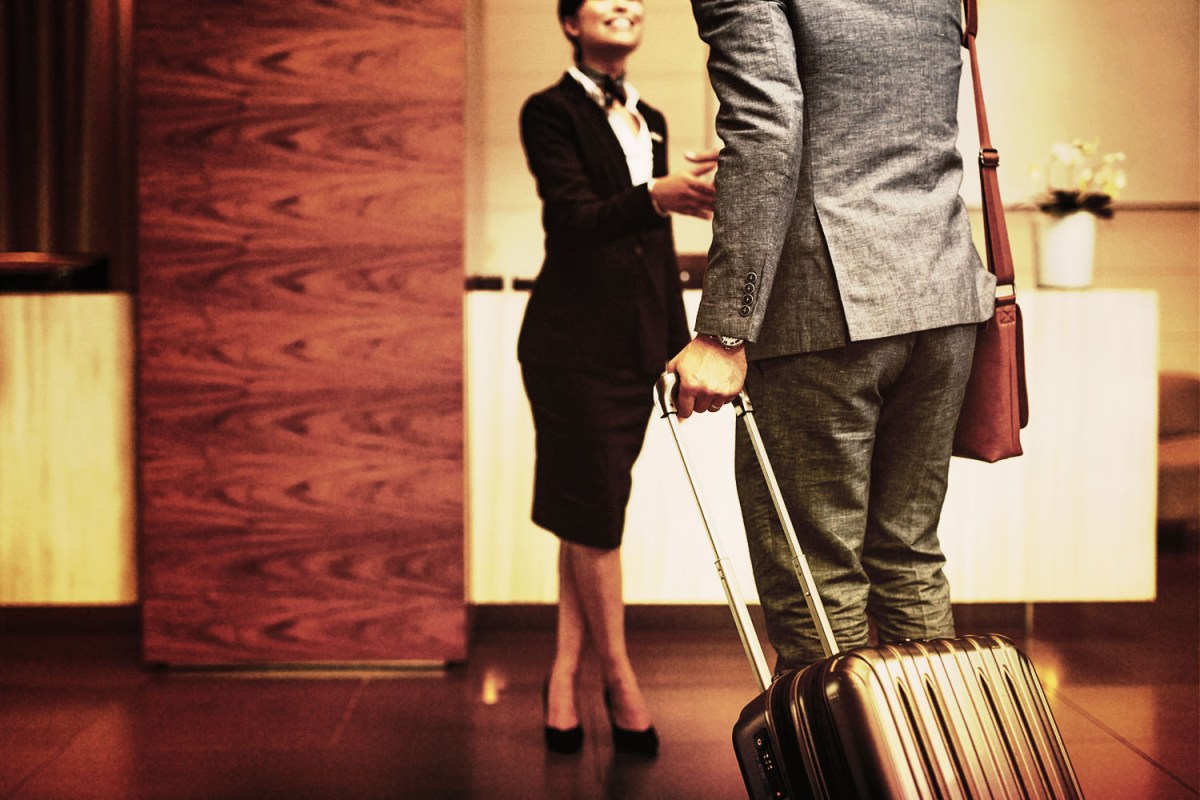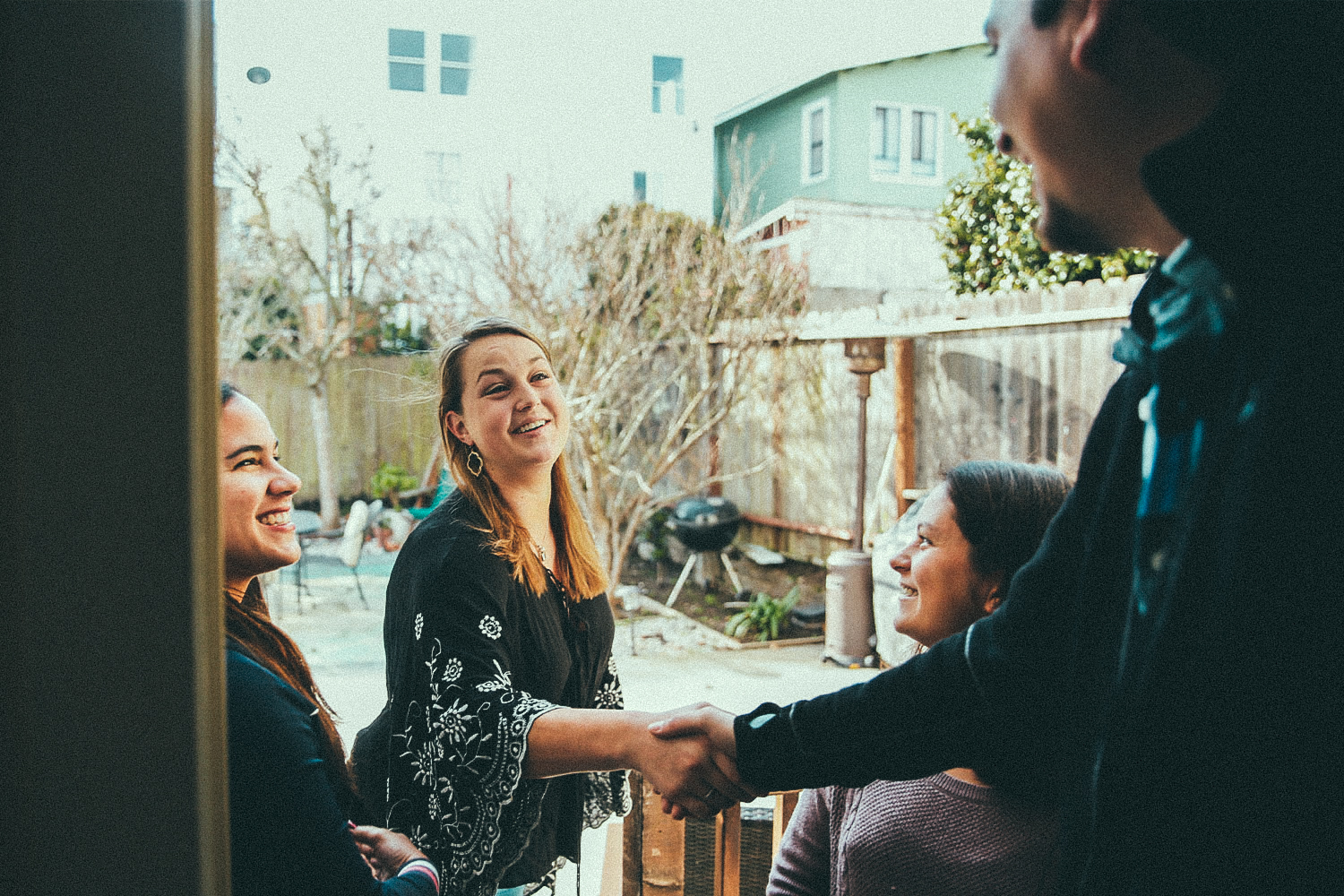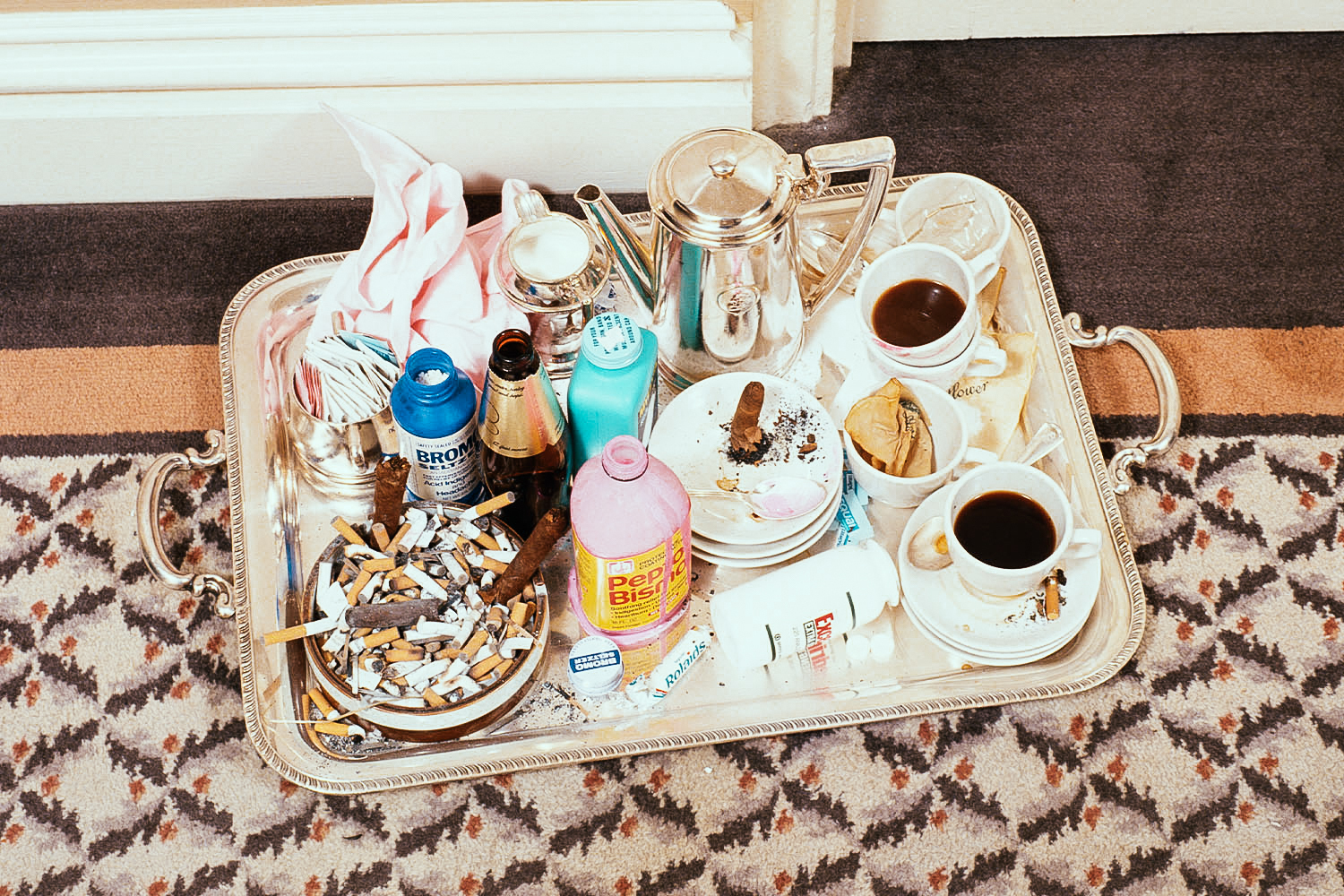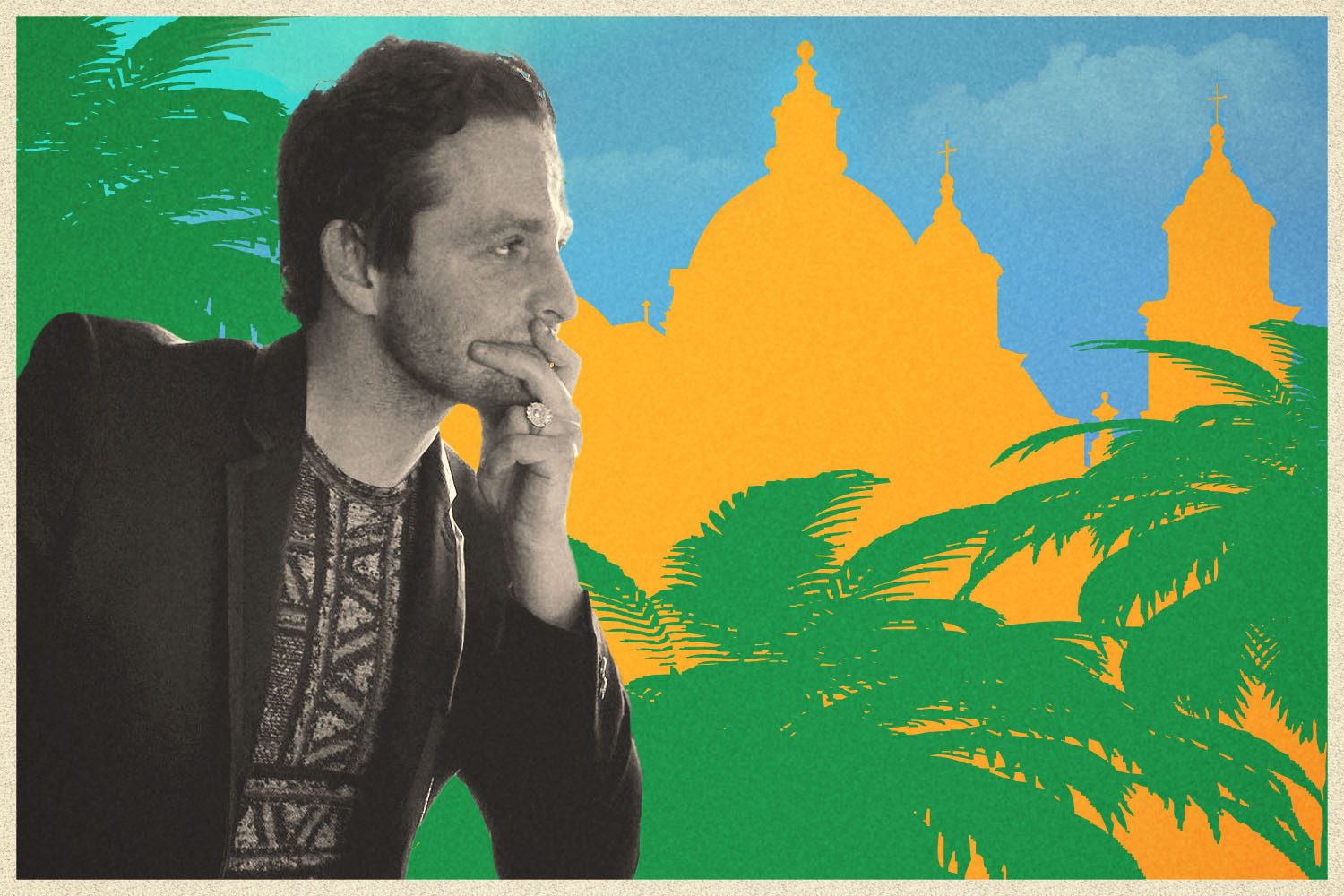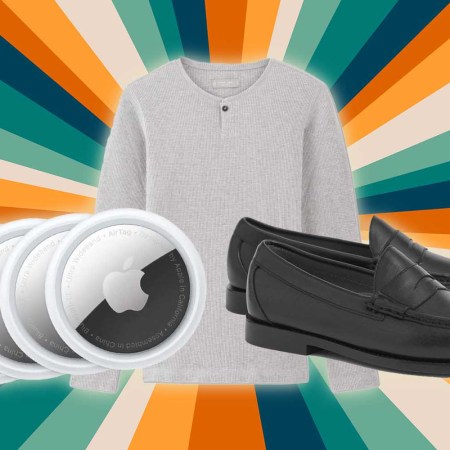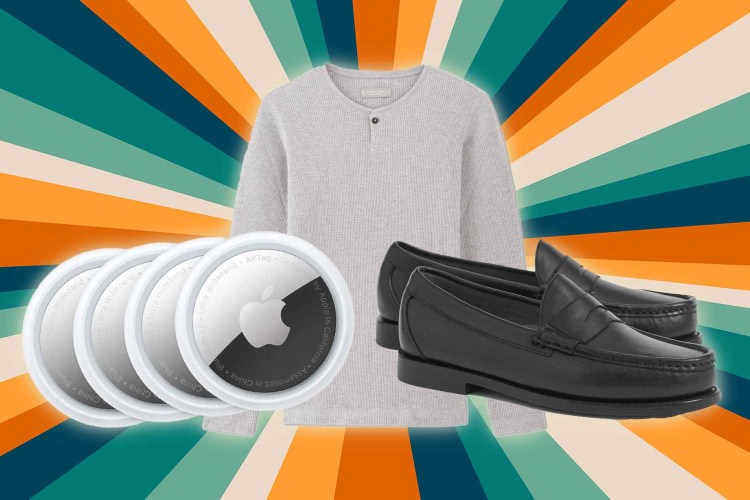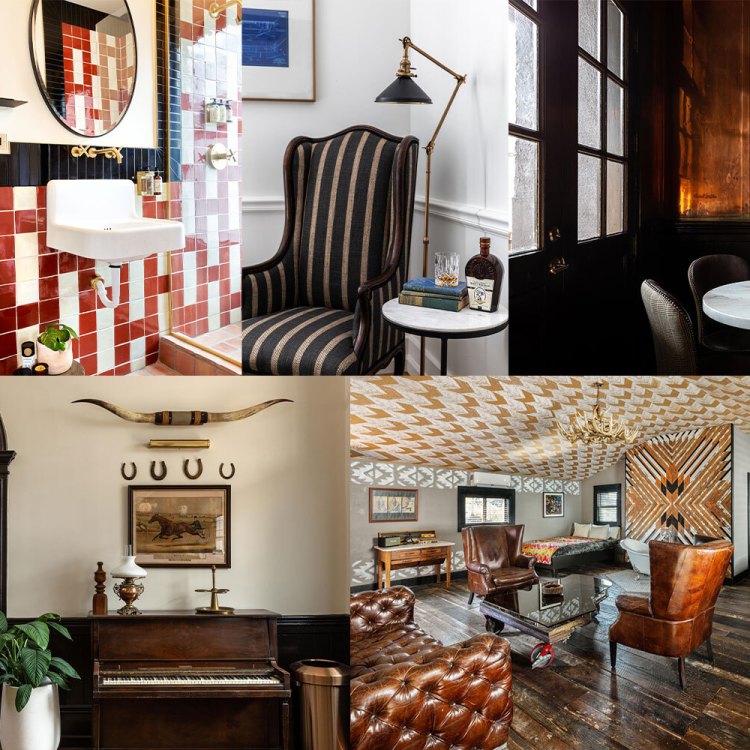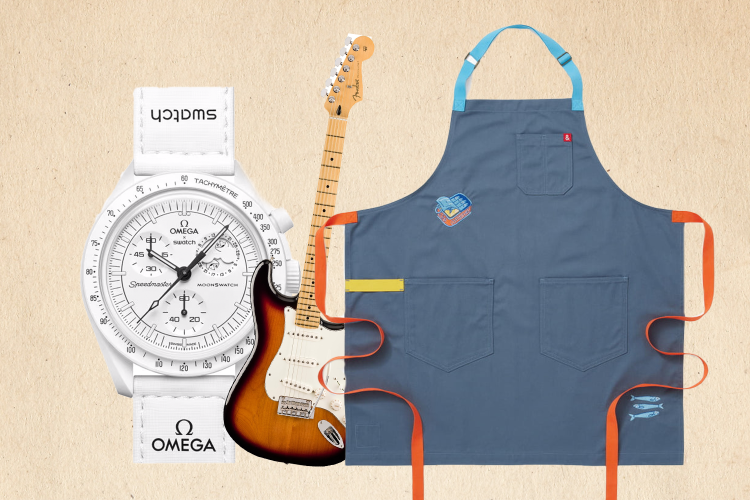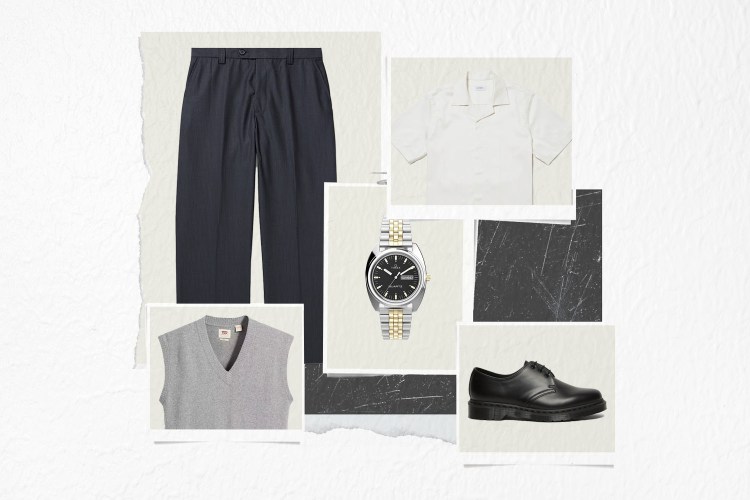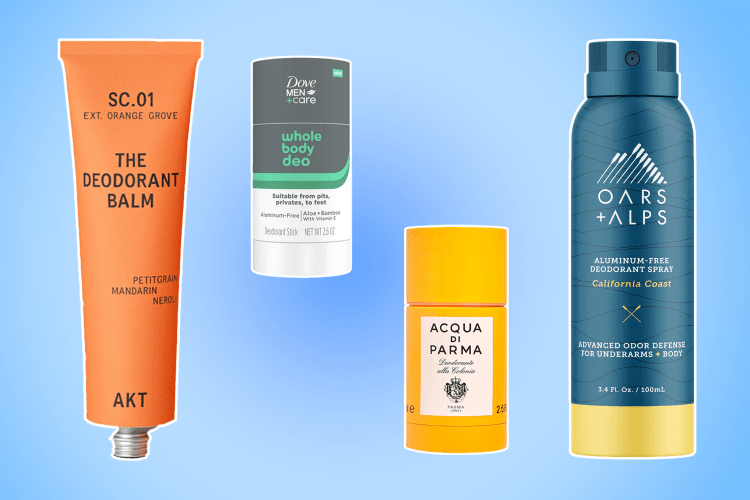Secret shopping is not a new concept. The practice dates back to the 1940s as a means for corporations to discreetly monitor internal ongoings, primarily within retail settings. In the years since, it’s evolved into an $1.5 billion industry, one that employs hundreds of thousands of employees — sometimes called mystery shoppers — who are routinely charged with entering brick-and-mortar stores under the guise of a normal customer in an attempt to identify things like poor customer service and the potential for internal theft.
That said, secret shoppers are not exclusive to retail. They’re often also deployed within the hospitality sector, to ensure the typically sky-high standards of many restaurants and hotels are being met. Some of the biggest hotel groups in the world rely on secret shoppers to travel, stay at their respective hotels and then report back on their findings.
Dan Shapiro was once one of those people. A San Francisco native, Shapiro grew up on the fringes of the travel industry. His mom was a travel agent, and after getting a taste for it early on, he began taking jobs as a tour guide, first on a double-decker bus in San Diego and then on a segway in Fisherman’s Wharf in San Francisco. After moving to LA, Shapiro stumbled across an ad for a part-time secret shopping gig — one specific to luxury hotels — and wasted no time submitting his candidacy.
“It was just this thing I found on Craigslist, back when I think people still got jobs on Craigslist,” Shapiro says. “It was a part-time, pick-a-job-up-as-you-can kind of thing, but when I was in the thick of it, I was probably doing five or six nights a month, going to different hotels all across the country. I got to pretend like I was this rich guy … meanwhile I was just scraping by in Central Hollywood.”
“Everyone I spoke to was like, ‘Oh, that’s totally a scam. These things are always scams,’” he adds. “So I went into it thinking it was a scam. I was highly cognizant of them asking for personal information — mother’s maiden name, that kind of stuff. But it turns out it wasn’t a scam … or if it was, it’s a really long running scam because they haven’t clawed back any of the money yet.”
It resulted in many a free hotel stays, meals, drinks and spa treatments for Shapiro — and all he had to do in exchange was review every element of the service while coming up with elaborate lies about why, for example, he had booked himself a suite at the Ritz just five miles from his home address.
Needless to say, it earned him a very finely honed radar where luxury is involved. But it also taught him something else, which is that a lot of the standards that five-star hotels adhere to aren’t always in line with what customers are looking for in a luxury experience in 2022. Below, Shapiro’s thoughts on secret shopping, tips and tricks he learned along the way and why he believes some five-star hotels need to relax their conventionality.
InsideHook: So, I know what a secret shopper is, but mostly within the retail space. What exactly does being a secret shopper within the hospitality industry involve?
Dan Shapiro: I was working for mid-tier up to very high-end hotels, and in every aspect of it. Sometimes I would go to the hotel restaurant and just grab lunch. In that case, you’d review the food, but also everybody who gets you to the food — the host, the waiter, the butler, etc. So that was one side of it.
If I was going to review a hotel, they would fly me out, they would bring the hotel’s car service — and I’d review that guy as well. I’d review the GSA (Guest Service Associate), the person at the front desk, the bellman bringing my bags up, etc.
Once I got into the room, I would take a thousand different pictures of the room and do all points of check on the service. I would go up to a high point in the room and then take a picture of my finger to see how much dust was on there. Then I’d go get a massage and review the masseuse and the person who checked me in there, I’d go to the pool and review how clean the pool is.
Following that, there’s a very detailed, seven- to 10-page report where they ask you questions on each point of service. Did they smile when they greeted you? Did they greet you within five feet? Do they say this very specific thing? It was a highly specific rubric of their standards.
There was this very sort of subterfuge aspect, of pretending that I was just a regular consumer … but then the company I was working for would do something like schedule me for a resort in Maui on Valentine’s Day weekend. I’d go out there and it would be me by myself on Valentine’s Day at this resort. They’d be like, “Why are you here?” I’d have to be like, “Definitely not secret shopping! Just decided to go on a weekend getaway by myself!”
Do you think anyone ever suspected that’s what you were doing?
It never came up. I think there was sort of an unsaid thing between us because, listen: my goal was never to get anybody fired. I wanted everybody to pass these things. I don’t know if that was always the company’s goal to be totally honest, but I wanted to make sure that I was following through on my part with integrity. I wasn’t trying to hide myself completely, because I didn’t want to trap anybody.
Most people are trying to do good work in a system that may not be entirely sympathetic to them. I wanted to bring that sympathy, so if a person’s doing their job well, and they’re doing it earnestly, I gave credit where I could give credit. I think there was only one instance when somebody really, truly screwed up and I was like, “Okay, there’s no way I can get around this.” That said, the rubric was very strict.
In one of the first ones I did, it was a Tuesday around 11 a.m. and I went to get lunch somewhere. One of the things they always ask is, “When you ordered, did they recommend a cocktail or a glass of wine to go with your meal?” When I ordered this time, they asked if they could get me an iced tea or lemonade. I was like, “Great. Check, they did it.” But the company’s feedback was, “No, no, no. They had to ask for a cocktail or a glass of wine.” To the server’s credit, though, it was a Tuesday at 11 o’clock — I didn’t want a cocktail right then.
I know it was a side gig for you at the time. How did you even come into secret shopping for five-star hotels? What sort of experience, or skills, does one need to qualify?
In LA, I think they’re looking for actors who can kind of play the part … but also who sort of understand hospitality on a bigger-picture level. When I started, though, it was a very, very part-time thing. I’d do it two times a month or whatever. At that time, they weren’t necessarily looking for a high insight, or high levels of knowledge, so much as flexibility. Being able to pop on a plane to Miami for a weekend was of huge value to them.
You mentioned that it taught you a lot about luxury and how the standards that companies are using aren’t necessarily the ones that customers are looking for in a luxury experience. Can you elaborate on that?
One sort of negative example involves a very famous five-star hotel brand. They have a whole system where, by the time you get in the hotel, everybody that you’re going to interact with is going to know your name, right? So you bring your car up to the front gate and they go, “Oh, are you here for a reservation?” Or “What’s the name of the reservation?” You give them your name and then, by the time you get to the valet stand, they’ve already radioed that in. They go, “Look for Mr. Shapiro in a blue Honda Accord,” so when the blue Honda Accord pulls up, the guy opens the door and says, “Hello, Mr. Shapiro, let me escort you.” I can figure out what’s happening there, so it’s not super creepy.
But then, 10 minutes later, I’m walking out of the hotel room and a guy I’ve not interacted with at all sees me coming down the hallway and goes, “Hello, Mr. Shapiro.” Now I can understand how a certain person might go, “Ah, this is an excellent service. Everybody in the hotel knows me, I am the king of this castle.” But to me, that’s a little creepy. I feel watched and like I can’t be myself and just hang around by the poolside because some random guy is going to come up and say, “Hello, Mr. Shapiro, can I interest you in a cocktail? I noticed this is the same one that you had last night.” In this age of surveillance over everything, that kind of weirds me out.
On the other side of that, though, I was doing one in Tucson where the National Observatory is. It’s become a destination for stargazing, so that was my story when I went out there: it’s a full moon and I thought I’d be great to see the stars and do some astrophotography. While I’m telling the GSA this, he’s typing it in. By the time I got into my room five minutes later, there was a telescope in there along with a little box of chocolates that had stars and moons in them. That was cool as hell, because they had clearly tailored it to me. Obviously they get a lot of astrophotographers and people who are interested in space there, had a couple of telescopes hanging around, and said, “Okay, this guy is here for this thing that we get a lot, let’s put a telescope there to kind of personalize his experience and make this experience.” That didn’t feel creepy. That felt like the curation of an experience.
Broadly speaking, I think we get a lot of things wrong about luxury in general and a lot of things wrong about what it means to have good service. Like you go back to the beginnings of hospitality, in the beginning of the 20th century and the mechanization and industrialization of America, the broad middle class had never been a servant — they’d never served anybody — but they were suddenly able to go into Bergdorf Goodman’s or something and basically rent somebody for an hour to help them try on shoes. That was probably a glorious experience for them. But now, in the mid 21st century, basically everybody I know has been — for lack of a better word — a servant at some point in their careers.
So, in terms of hospitality, I think it [should be] more about creating a good relationship, and creating a comfortable environment, rather than creating this atmosphere of servitude.
Was it as awesome as it sounds? What were the biggest perks of being a secret shopper for luxury hotels and resorts?
The perks are obvious, right? They would fly me out to Hawaii, or to Miami, and I would get to stay in this cool hotel. That was definitely great.
But I think at a certain point, I became immune to it. It was like, “Ah, now I have to call off work and find a sitter for the dog, etc.” And the pay wasn’t great because the perks were so great. They were looking for people who wanted a free trip to Miami, which was fun at the time, but there was a lot of work involved, too. It takes up a lot of time. If it was a weekend trip, there would be 30 pages of analysis and writing attached.
I didn’t grow up rich and I didn’t get a chance to go to these hotels when I was a kid, so to that end, it was nice to get that experience. But after you do it seven or eight times, you realize that luxury is sort of a veneer.
What was the most exceptional or noteworthy of your stays as a secret shopper?
That one in Tucson, I think, was probably the most exceptional in terms of service. But there was one in Miami that had probably the most beautiful hotel room. They also did a really good job of evoking all five senses to create an environment. They had their own signature brand of shampoos and stuff in the room, but one that was specific to that one hotel — not even the hotel group. It was a pleasant enough scent that they had it in the lobby and in all the hallways, too, but it wasn’t like you were succumbing to it a la Abercrombie & Fitch in the early 2000s. The whole design of the experience was just gorgeous and beautiful and different. I definitely stole those shampoos.
Were there any recurring trends you picked up on? Common issues across hotels, companies, etc. in terms of things that could be improved upon?
One of the things I had to do was perform an audit of all the public areas. So I’d take pictures of all the rooms, snap a picture of anything that’s wrong in the hallways — by the pool, in all of the public areas — and I would have to get five shots every time. Even if everything was perfect, I’d still have to find five things wrong. I would always just go to the stairs, because nobody’s ever paying attention to the stairwells — people don’t generally take the stairs, they take the elevator. For that reason, they were always crappy and poorly maintained even though employees are likely using them.
I always thought that was revealing. What’s the cost to make sure that the light bulbs in the areas that your employees are working in are functional? Not much. But because guests don’t use the stairs on a routine basis, they’re just massively undervalued.
How has the experience altered your perspective on hotels and resorts, luxury or otherwise, as a customer?
It’s definitely given me a lot more insight into what it’s like to be a worker at these hotels — the jobs that they have to do and sort of the guidelines that they’re forced to adhere to — and how it is that they deserve to be treated. They’re not your servants. I think previously I was probably a little bit annoyed when somebody spoke to me using customer service language, but now I know they’d get fired if they spoke to me like a human, which is how I want them to speak to me. Now I just play along. It taught me how to have a nice experience while still making it easy on the person who’s creating that experience for you.
Any tips and or tricks you picked up along the way that you could share with our readers?
Always book directly with the hotel. You’ll get a better experience if you book with the hotel than if you book with Expedia or another third-party site, because they’ll know if you’re a valued customer.
Outside of that, just be human and speak genuinely. You can always ask for a room upgrade. And, again, if you book directly with them, they can see how valued of a customer you are — whether you’re in the silver tier, the gold tier, how many times you’ve stayed with them before, etc. So if you’re just kind of cool about it, they’ll probably help you out, you know?
I would also say: Look at somebody’s name tag conspicuously. Like if you want to make yourself look like a secret shopper? Conspicuously look at their name tag and then write something down. You might get an upgrade out of that, too.
This article was featured in the InsideHook newsletter. Sign up now.
